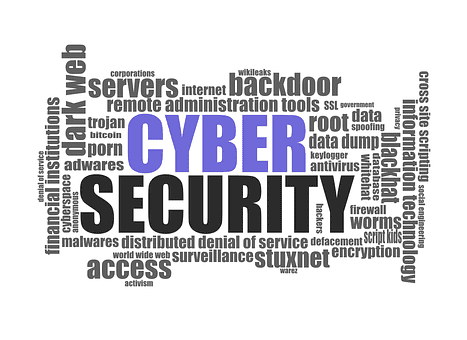


Don’t Be a Victim of Online Fraud
With cyber crime hitting the headlines more and more these days it’s not just big businesses like TalkTalk and Ashley Madison that are in the fraudsters’ sights.
What’s the worst that can happen?
You may be thinking an email hack could lead to nothing more than someone reading the endless emails you’ve received from Groupon, but with fraudsters becoming more sophisticated it could be far more serious.
In a recent case a financial adviser received an email, seemingly from one of his clients, asking him to arrange a large withdrawal from one of their investments:
“My client, a lady in her 60s, emailed me asking me to arrange a withdrawal from one of her investments. The email came from her personal account and I had no cause to suspect it was anything other than genuine. My client said she was abroad and unable to speak on the phone (which was also plausible as I knew she’d been planning a trip to Spain), but she was keen to get the funds. However, she also asked for the money to be paid into a bank account that differed from the one held on record.
“I called the platform provider to process the withdrawal and they suggested I obtain verification of the new account details. It was only when I received her copy bank statements for the account that I became suspicious.
“There was no named account holder, plus there was evidence of online betting and debits for purchases in London, which I didn’t associate with my client. I then picked up the phone and called my client. Surprise surprise, not only was she at home, but she knew nothing about the withdrawal request.”
Thanks to the adviser’s professionalism and care for his client, the crime was averted and the matter handed over to Action Fraud.
Password protection
While it’s not always possible to protect your personal data, especially if it’s stolen from a large company such as TalkTalk, you should take the following measures to make your personal accounts more secure:
- choose a strong password, the longer the better, with a mixture of numbers, lowercase and uppercase letters and special characters
- never use the same password on different accounts
- keep your antivirus software and security patches up to date to protect against malicious software or URLs, spam or phishing attacks and key loggers
If you have been hacked
If you feel your email or other accounts such as online banking or social media have been accessed it is possible to take back control. Access your account, if the password has been changed click the ‘forgotten password link’. Once you are in your accounts change the password. If your email has been accessed check your junk, deleted and sent items for emails not sent by you. If your bank account has been accessed, check for any transaction you don’t recognise and report any suspicious activity to the relevant sources.
Ask us about the procedures we have in place when it comes to protecting your financial affairs.




